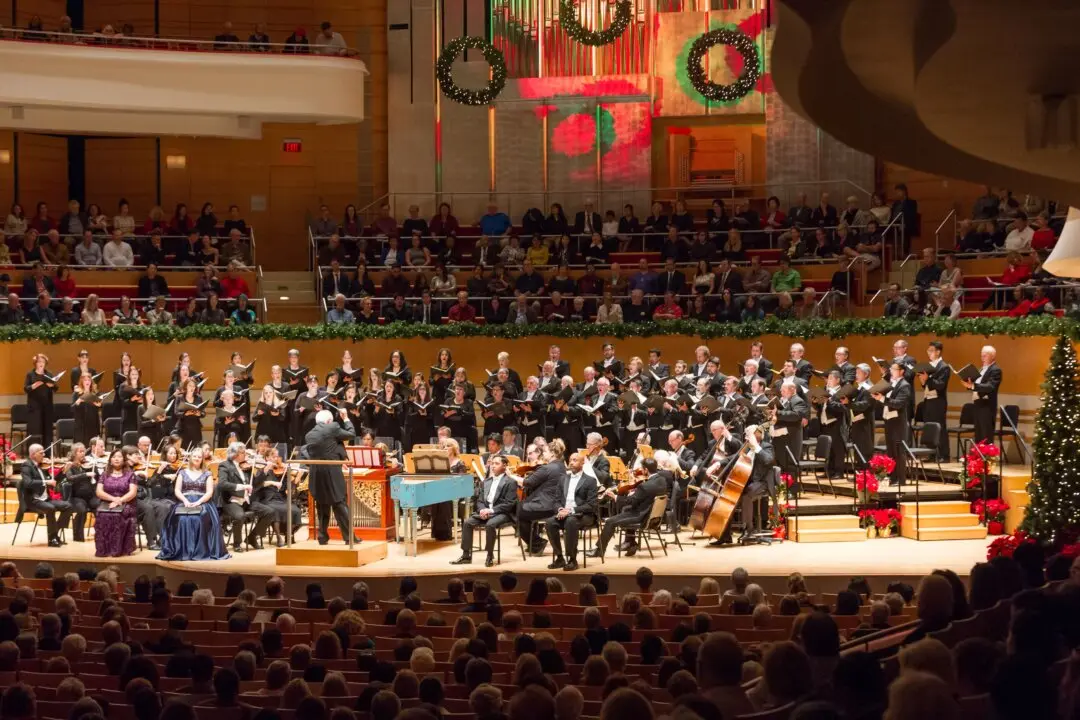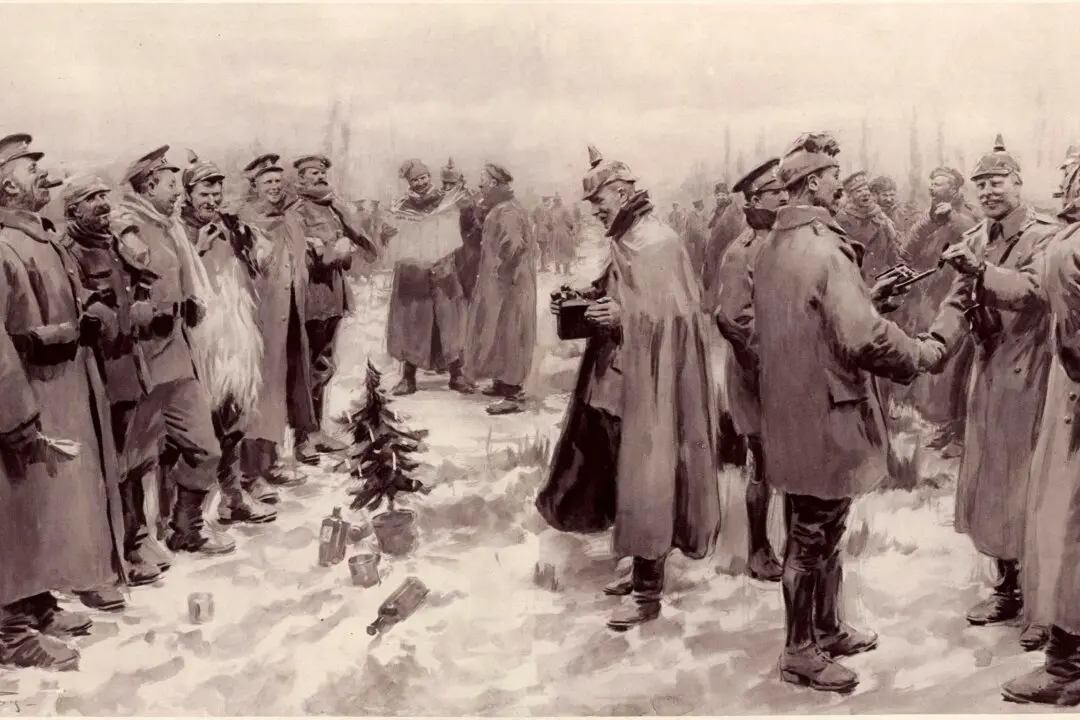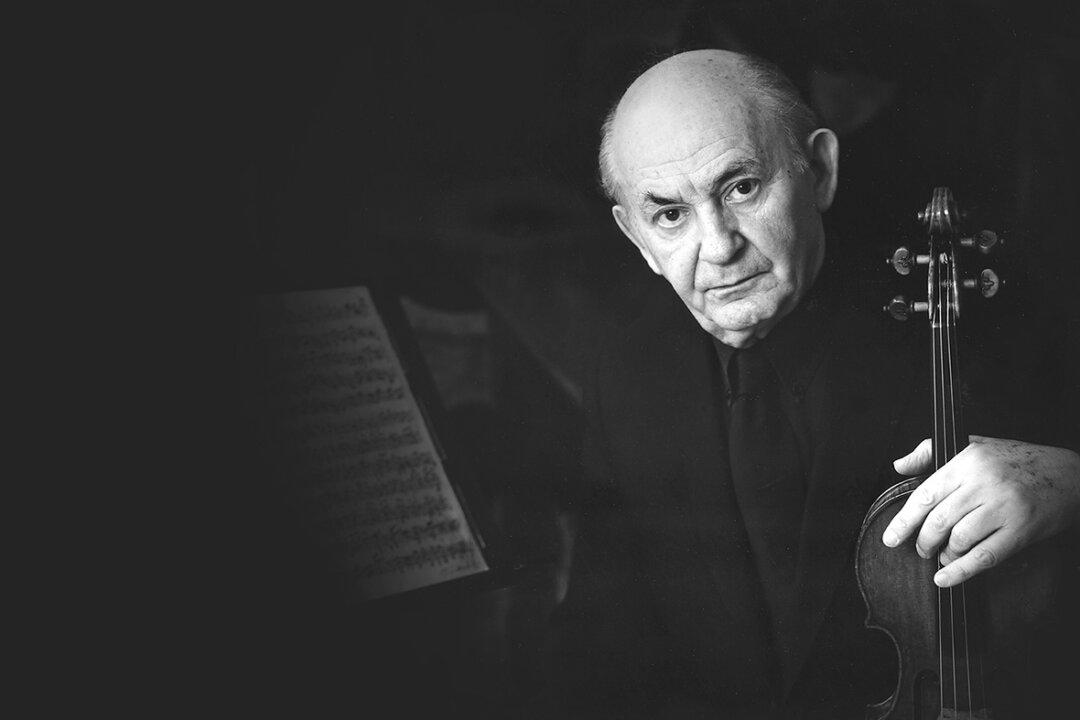Winter is more than a period of darkness and cold. Things appear to draw into themselves, but in truth they gestate and germinate out of our sight. Hard seeds begin to force roots through cold ground, and branches hold in their tight fists the blossoms they will release in good season.
It’s easy to forget how closely aligned we are with nature’s cycles. We too are inclined to draw inward at this time, harbor the forces gathering inside us, and prepare for the renewed life that lies, for the moment, just beyond our grasp.






